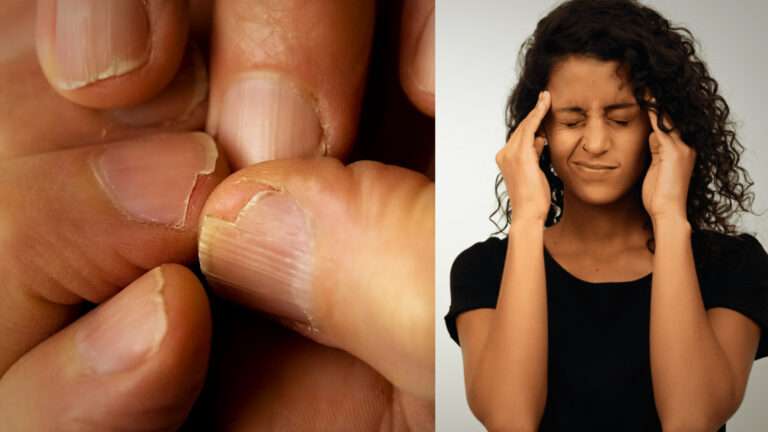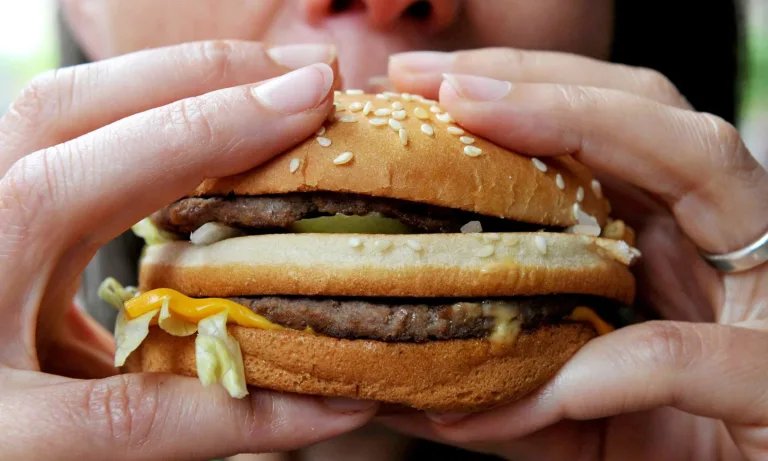Stop Drinking Coffee at This Time—It Could Be Harmful, Study Shows!

A recent study published in the European Heart Journal reveals that the timing of coffee consumption may impact heart health and longevity. Limiting coffee intake to the morning was associated with a 16% lower risk of death from any cause and a 31% reduced risk of cardiovascular disease. The study, which followed over 40,000 adults, suggests that consuming coffee in the morning rather than throughout the day may offer significant health benefits, though further research is needed.

Credits: Dr brighten
Morning Coffee Linked to Lower Risk of Early Death, Study Finds
New research suggests that when you drink coffee may be just as important as how much you consume, with potential implications for heart health and longevity. A study published in the European Heart Journal found that limiting coffee intake to the morning could reduce the risk of premature death, including death from cardiovascular disease, by significant margins. This study is the first to focus on the timing of coffee consumption and its impact on health outcomes.
Credits: MSN
Study Tracks 40,000 Adults to Analyze Coffee Timing and Health
Lead author Dr. Lu Qi from Tulane University’s Celia Scott Weatherhead School of Public Health highlighted the importance of understanding how timing influences the health benefits of coffee. The study followed over 40,000 adults, collecting data on their coffee drinking patterns and health over nearly a decade. Participants provided detailed dietary information, which allowed researchers to categorize coffee consumption into three time periods: morning (4 a.m. to 11:59 a.m.), afternoon (12 p.m. to 4:59 p.m.), and evening (5 p.m. to 3:59 a.m.).
Morning Coffee Linked to 16% Lower Death Risk, Study Finds
The results revealed that drinking coffee exclusively in the morning was associated with a 16% lower risk of dying from any cause and a 31% lower risk of death from cardiovascular disease. In contrast, individuals who drank coffee throughout the day did not experience these protective benefits. The amount of coffee consumed in the morning—whether less than one cup or more than three cups—did not affect the outcome, suggesting that the timing itself, rather than the quantity, was the key factor.
Study Highlights Coffee Timing’s Benefits, but Limitations Exist
While the study showed promising results, it’s important to note that it was observational, meaning it can only establish a relationship, not a direct cause-and-effect link. Experts like Vanessa King, a registered dietitian, emphasize that the study’s findings are important, especially considering that cardiovascular disease is the leading cause of death in the U.S. However, the research has its limitations, including potential biases in dietary recall and unaccounted factors, such as differences in work schedules or genetic influences on caffeine metabolism.
Tips for Transitioning to Morning-Only Coffee: Improve Sleep and Hydration
For those who want to adopt a morning-only coffee routine but are accustomed to drinking coffee later in the day, experts recommend focusing on improving sleep quality. Addressing issues like sleep apnoea or ensuring adequate hydration and balanced diet can help reduce the need for caffeine to combat fatigue.

While more research is needed to confirm the findings, experts suggest that individuals should consult their healthcare providers to determine the best approach to caffeine consumption, taking into account their overall lifestyle and health. Until further evidence is available, following personalized advice from doctors or dietitians remains the safest approach.






